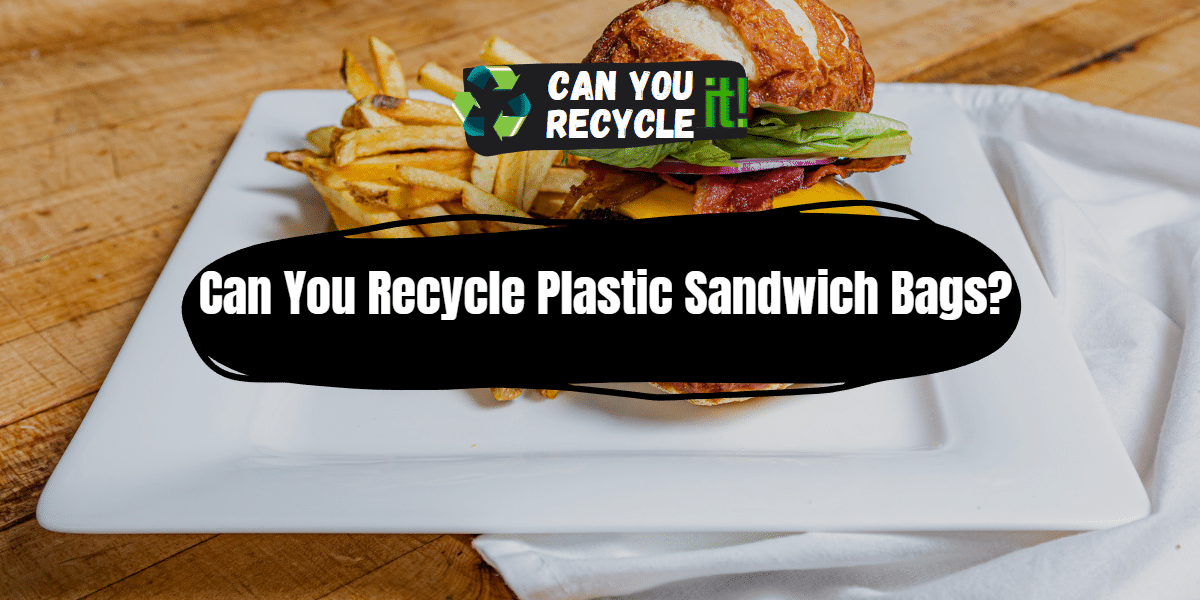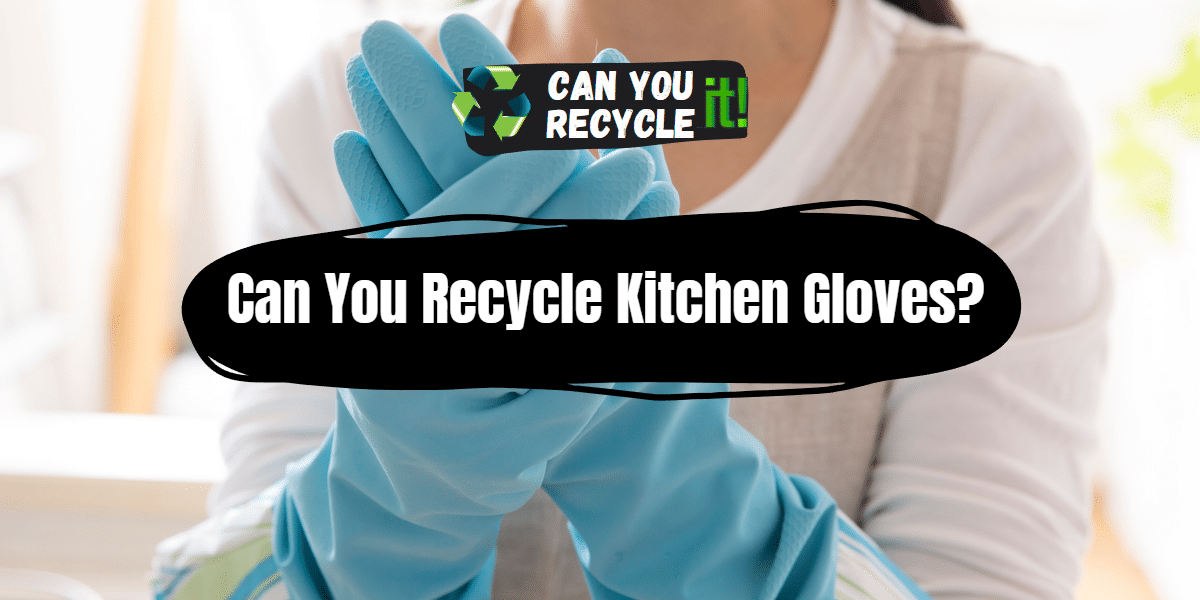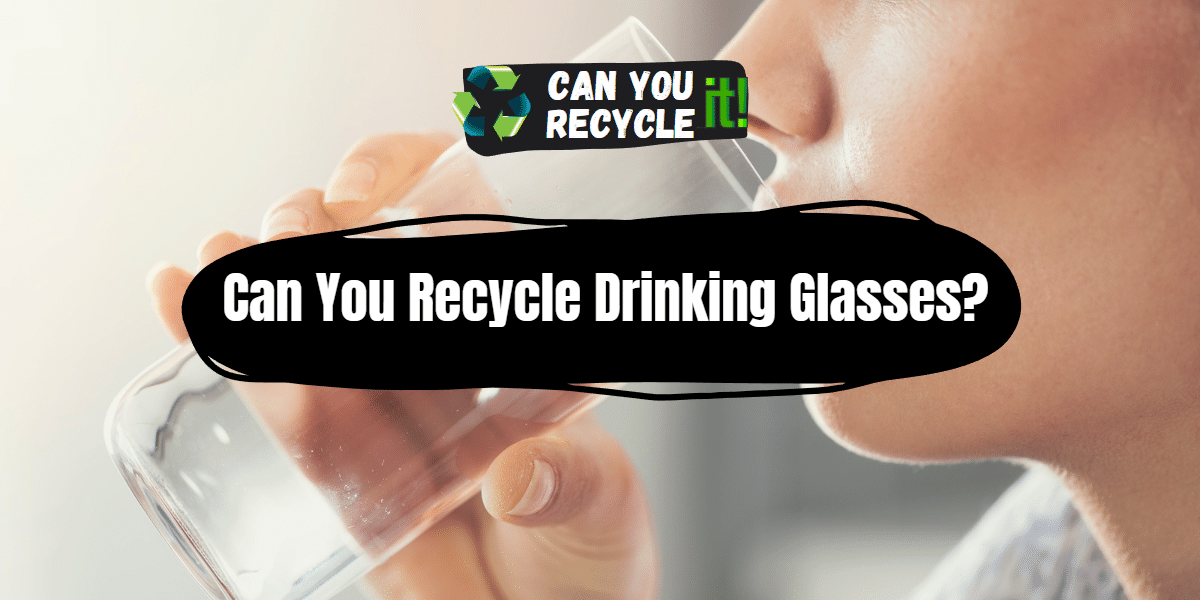No, Most curbside recycling programs do not accept plastic sandwich bags due to their specific composition and potential contamination issues.
These bags are typically made from low-density polyethylene (LDPE), which is technically recyclable. However, their thin and flexible nature makes them difficult to sort and process at recycling facilities. Therefore, they are often not accepted for recycling through regular channels.
Plastic sandwich bags are a common item in many households. However, their disposable nature raises the question: can you recycle plastic sandwich bags? In this article, we will explore the answer to this question, provide dos and don’ts for recycling these bags, present a step-by-step guide to recycling plastic sandwich bags, discuss alternative options for bags that cannot be recycled, highlight the environmental impact of recycling, address frequently asked questions, and conclude with final thoughts on the subject.
Table of Contents
Do’s and Don’ts
While recycling plastic sandwich bags may not be widely available, there are still essential dos and don’ts to keep in mind for responsible disposal:
Dos
- Do: Reuse the bags whenever possible. Consider washing and drying them for reuse in packing snacks, organizing small items, or even as travel toiletry bags.
- Do: Check with your local recycling facility or waste management provider to see if they offer specialized collection or drop-off points for plastic sandwich bags. Some recycling centers have specific programs in place.
- Do: Remove any food residue or crumbs from the bags before disposal. Clean bags are less likely to cause contamination issues if they end up in landfills.
Don’ts
- Don’t: Include plastic sandwich bags in your regular curbside recycling bin. Placing them with other recyclables can disrupt the sorting process and contaminate other materials.
- Don’t: Throw plastic sandwich bags in the trash if alternative options are available. Although recycling may not be widely accessible, exploring other environmentally friendly options is essential.
5-Step Guide to Recycle Plastic Sandwich Bags
While recycling plastic sandwich bags may not be as straightforward as other materials, following these steps can help minimize their environmental impact:
Step 1
Clean and Dry: Thoroughly clean and dry the plastic sandwich bags. Remove any food residue or crumbs to prevent contamination.
Step 2
Check with Local Recycling Facilities: Contact your local recycling facilities or waste management providers to inquire about specialized recycling programs for plastic sandwich bags. Some communities have dedicated drop-off locations or partnerships with grocery stores for collection.
Step 3
Store for Recycling: If your local recycling facility accepts plastic sandwich bags, gather and store them in a designated container or bag until you have a sufficient quantity to make the trip worthwhile.
Step 4
Follow Preparation Guidelines: Adhere to any specific guidelines the recycling facility provides. They may require bundling the bags together or separating them from other recyclables.
Step 5
Drop-Off or Arrange Collection – Deliver the collected plastic sandwich bags to the designated drop-off location or arrange for collection per the recycling facility’s instructions.
By following these steps, you can make a conscious effort to recycle plastic sandwich bags and minimize their impact on the environment.
What to Do with Plastic Sandwich Bags That Cannot Be Recycled.
If recycling options for plastic sandwich bags are not available in your area, there are still alternative ways to reduce waste:
- Reuse: Repurpose clean and dry plastic sandwich bags for other household needs, such as storing snacks, organizing small items, or even temporary waterproof covers.
- Look for Alternatives: Consider switching to reusable food storage options like washable silicone bags or beeswax wraps. These alternatives help minimize the need for single-use plastic bags.
While recycling is preferred, exploring these alternatives can contribute to waste reduction and a more sustainable lifestyle.
Environmental Impact of Recycling Plastic Sandwich Bags
While plastic sandwich bags may not be widely recyclable, it is crucial to understand the overall environmental impact:
- Energy Conservation: Recycling plastic sandwich bags reduces the need for new plastic production, conserving energy and resources. It also minimizes the carbon emissions associated with extracting and manufacturing virgin materials.
- Waste Reduction: Proper recycling or alternative disposal methods for plastic sandwich bags prevent them from ending up in landfills, which can contribute to pollution and take years to decompose.
- Promoting Sustainability: By actively seeking out and supporting brands that offer reusable or eco-friendly alternatives to plastic bags, consumers can drive positive change and encourage a shift towards sustainable practices.
FAQs for Can You Recycle Plastic Sandwich Bags
Why can’t I recycle plastic sandwich bags with my regular recyclables?
Plastic sandwich bags have different properties compared to other recyclable plastics. Their thin and flexible nature makes them difficult to sort and process in standard recycling facilities.
Can I recycle plastic sandwich bags with other plastic bags?
It is best to check with your local recycling facility. Some centers may have separate collection points for plastic sandwich bags, while others include them with other plastic bags for recycling.
What are some alternatives to plastic sandwich bags?
Consider reusable options such as washable silicone bags, beeswax wraps, or even reusable containers for packing sandwiches and snacks.
Conclusion and final thoughts 💭
While recycling plastic sandwich bags may not be universally accessible, exploring alternative disposal methods and adopting sustainable alternatives are crucial to reducing waste. Reusing plastic sandwich bags, seeking out eco-friendly alternatives, and actively engaging with local recycling facilities can positively impact the environment. By being mindful of our choices and encouraging others to do the same, we contribute to a greener future and a healthier planet for future generations.





Leave a Reply